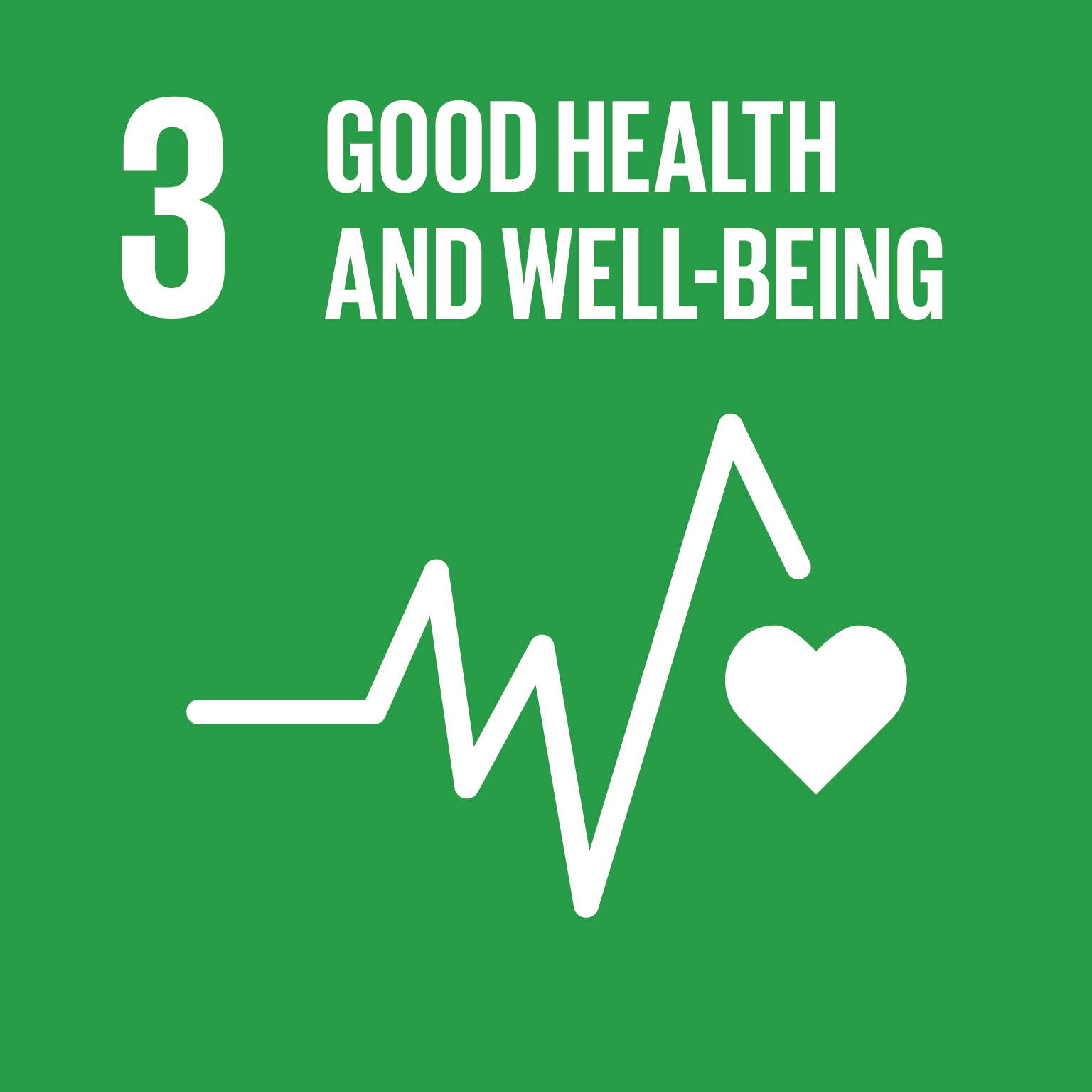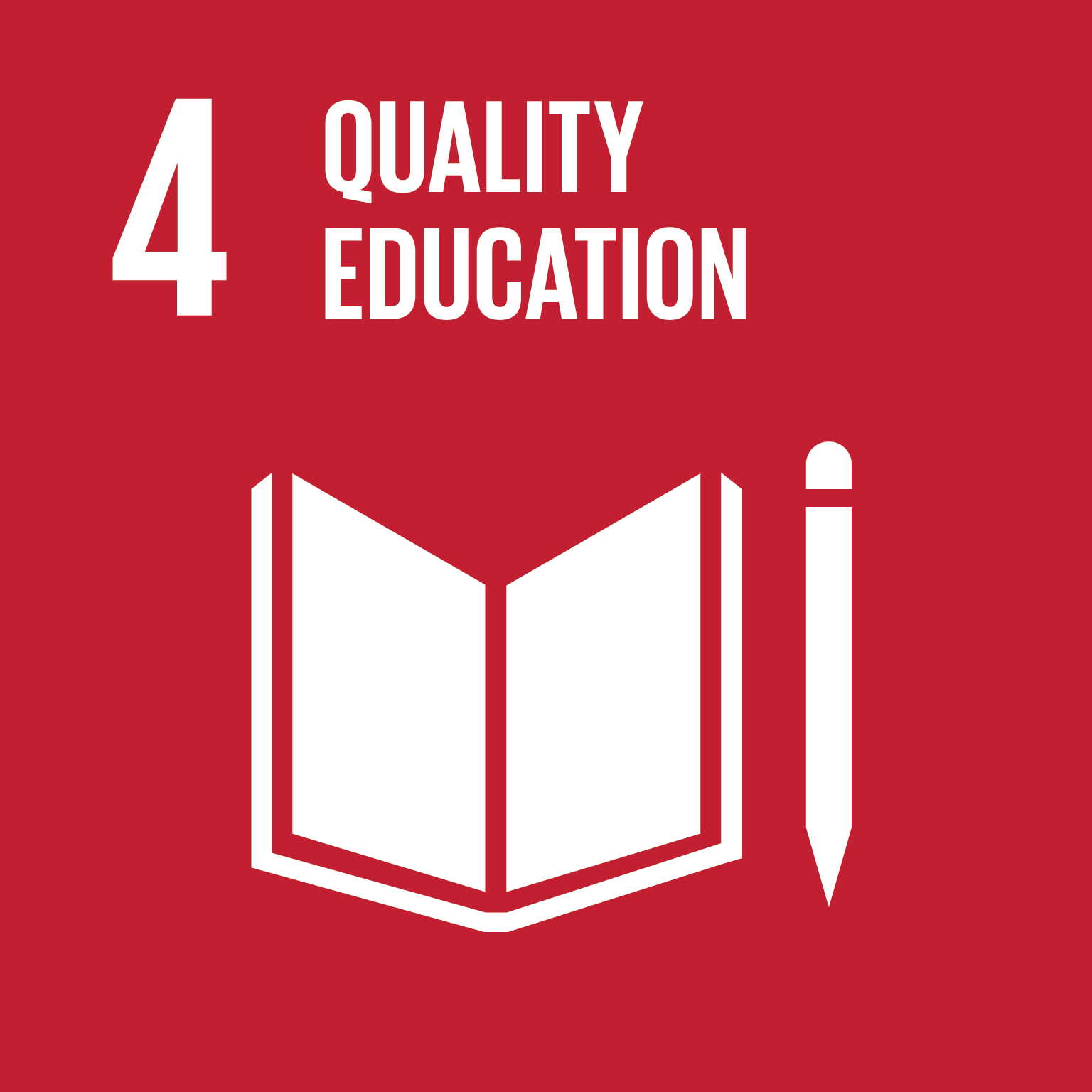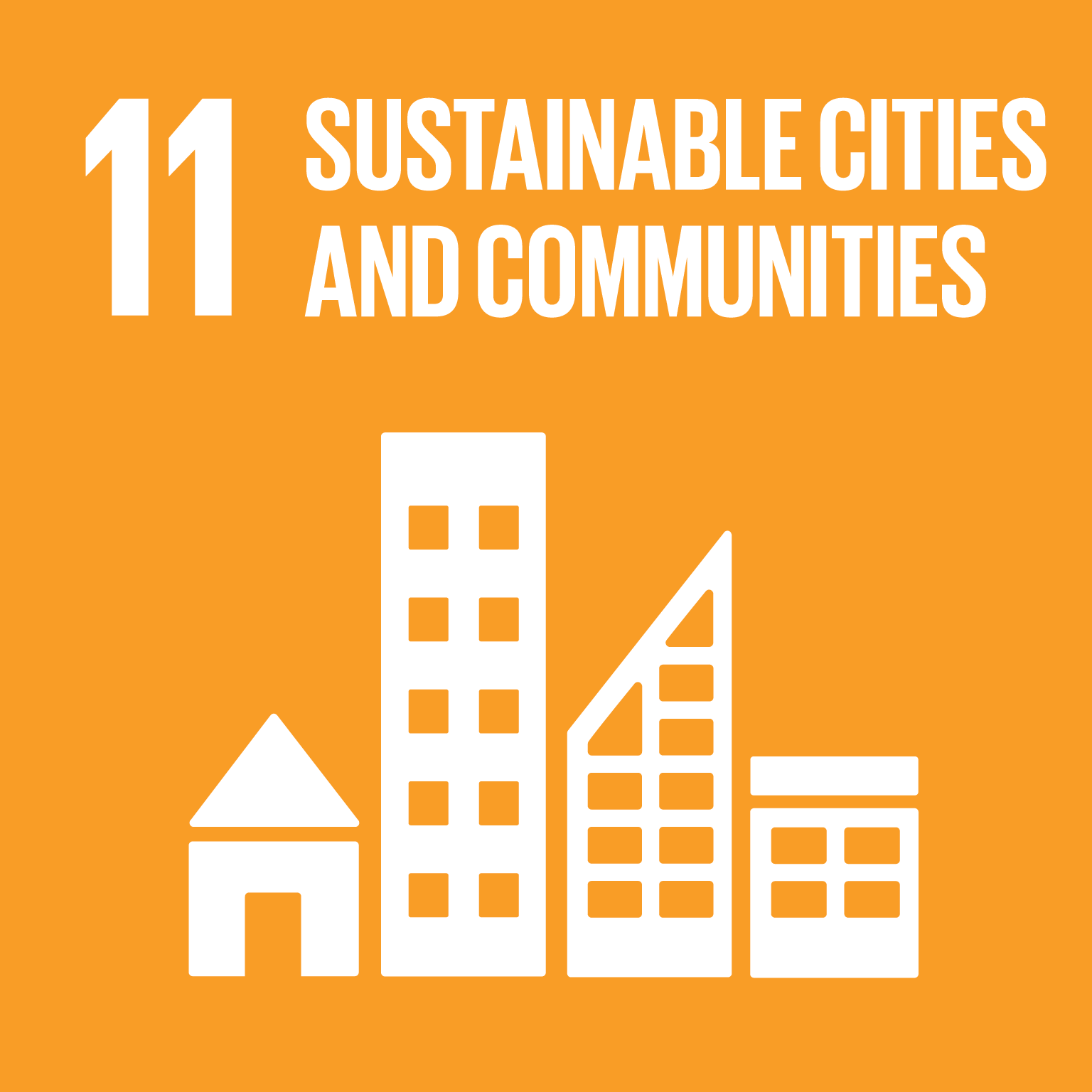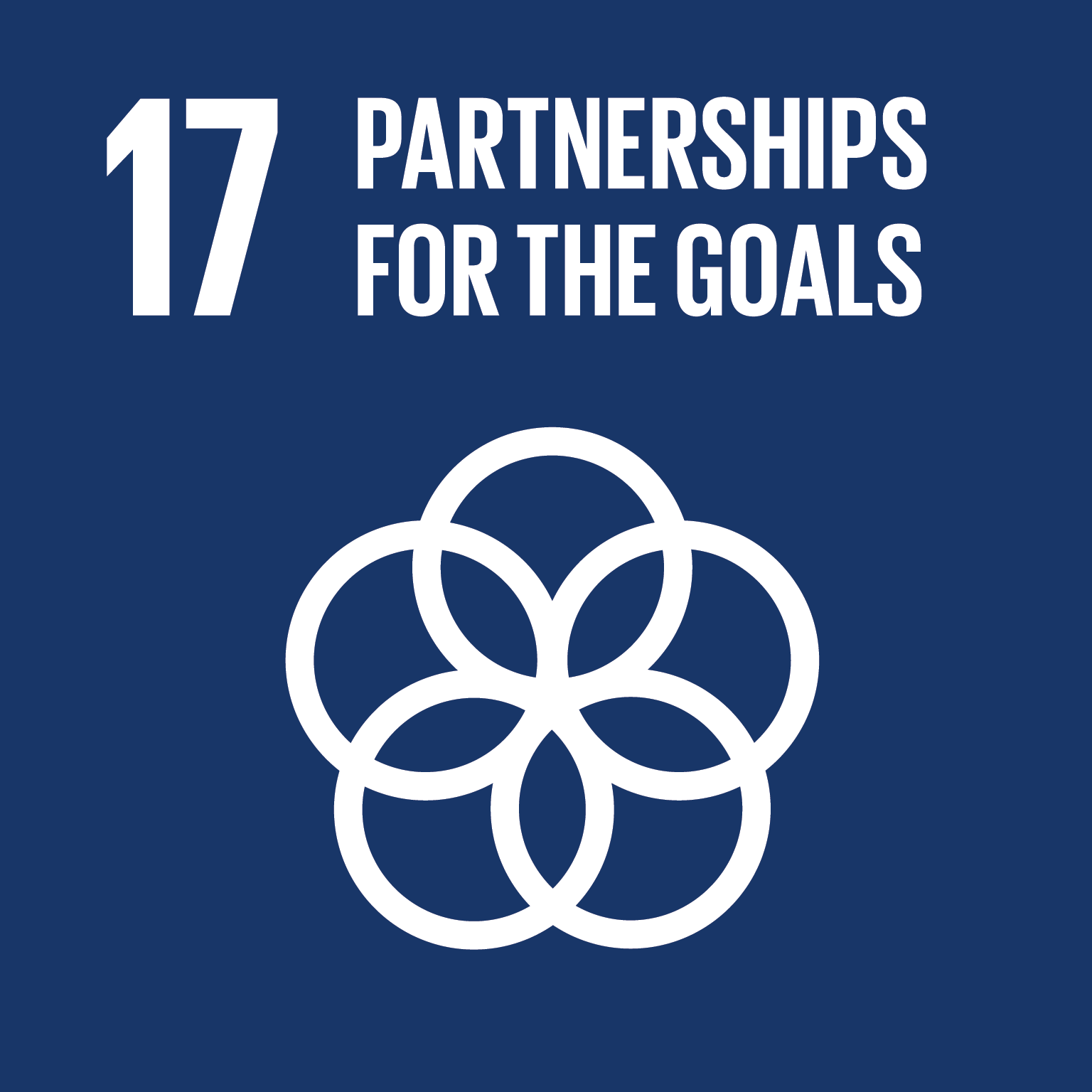Newsletter Issue 4_ Educational Mission
NCKU Hosts the 2025 SATU Presidents' Forum General Assembly

From March 12 to 13, 2025, NCKU hosted the SATU Presidents’ Forum and General Assembly, welcoming leaders from 65 universities across 8 countries. Under the theme “Sustainable Governance for Universities,” the event highlighted the crucial role of higher education in shaping future leadership and driving social progress. Since its establishment in 2003, SATU has grown into a network of 105 member institutions across 10 countries, promoting international collaboration and academic exchange.
NCKU co-founded SATU in 2003 with top Southeast Asian universities to promote academic cooperation and regional dialogue. In his opening remarks, NCKU President and Forum Chair Meng-Ru Shen emphasized the shared mission of universities and the importance of collaboration in addressing global and local challenges.
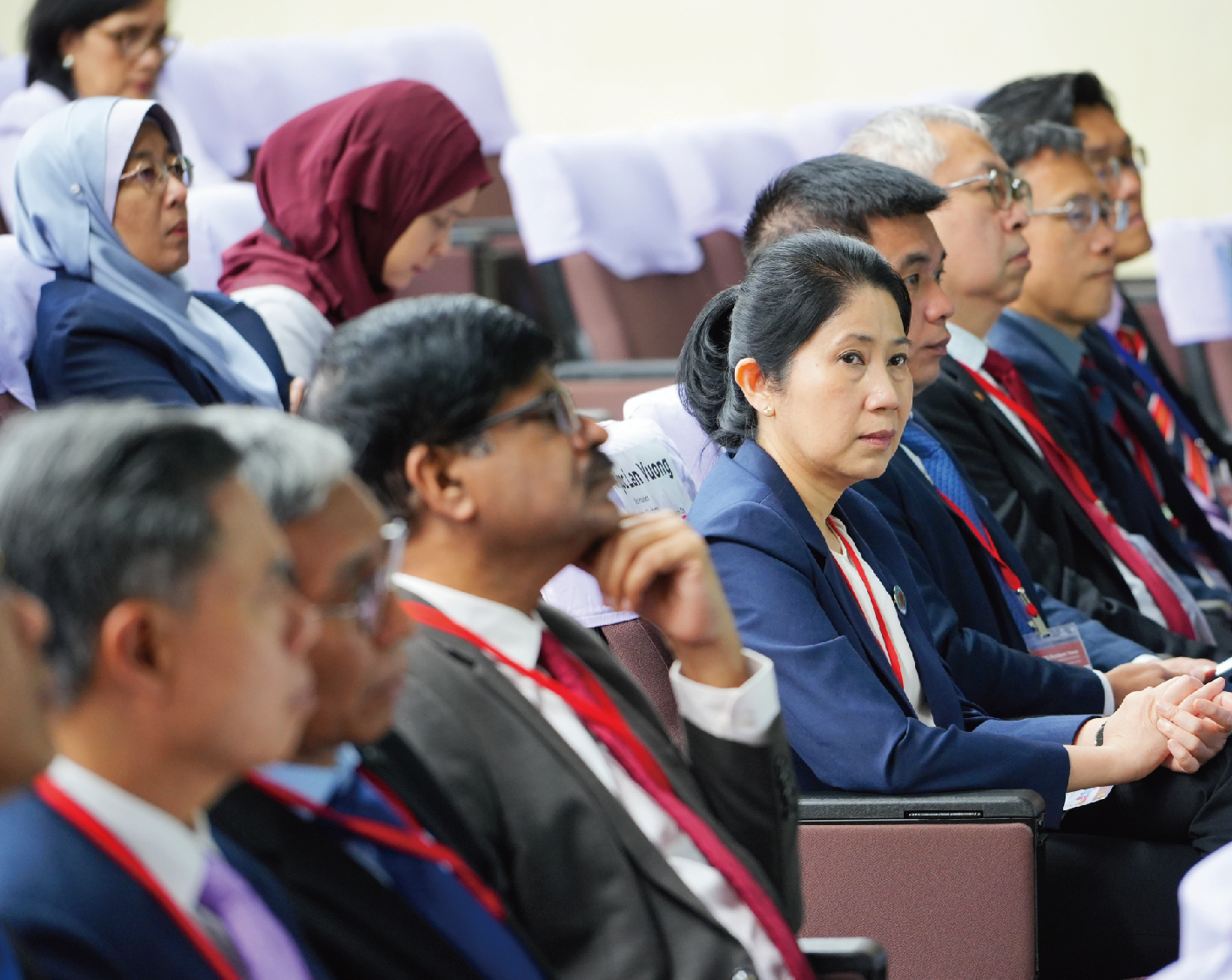
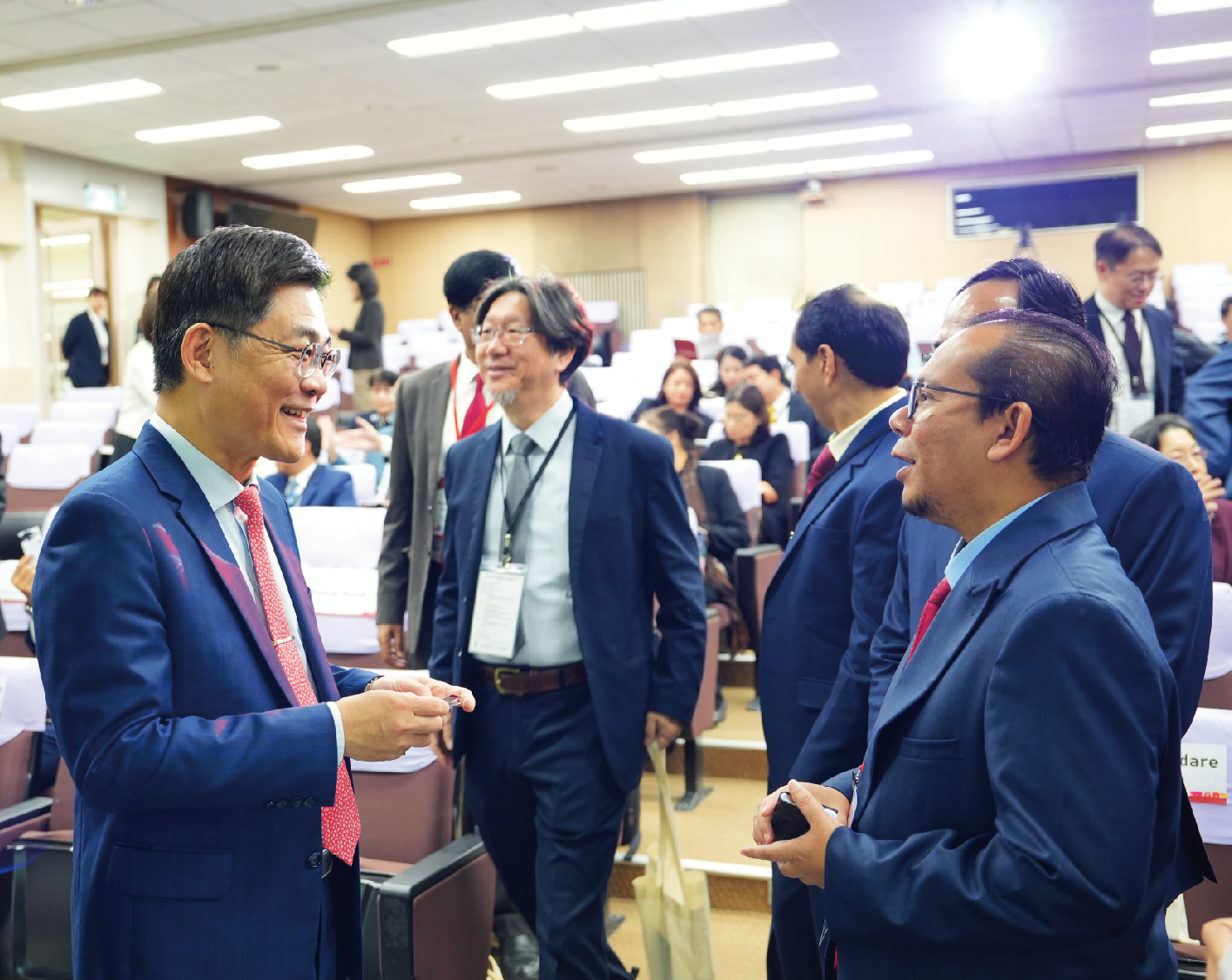
This year’s forum featured keynote speeches on sustainability and university responsibility. Professor Angela Yung Chi Hou (National Chengchi University) highlighted how universities can align with the UN Sustainable Development Goals. From NCKU, Professor Hsiao-Wen Wang (Disaster Prevention Research Center) introduced the concept of a “green university,” integrating sustainability into education and operations; Professor S. Felix Wu (College of Electrical Engineering and Computer Science) discussed the role of digital transformation in higher education; and Dr. Ping-Sheng Wu (NCKU Museum) shared innovative approaches to preserving cultural heritage.
On the second day, NCKU hosted campus visits highlighting achievements in cultural preservation, AI in medical education, life sciences, and water engineering. The College of Medicine's AI VR classroom was a key feature, where students use the Anatomage Table to explore human anatomy. This showcased NCKU's strength in precision medicine and innovative healthcare.
The forum reaffirmed universities' vital role in advancing sustainable governance and social progress. Discussions on green campuses, digital tools, and cultural heritage reflected a shared commitment to global academic collaboration and the future of higher education.

